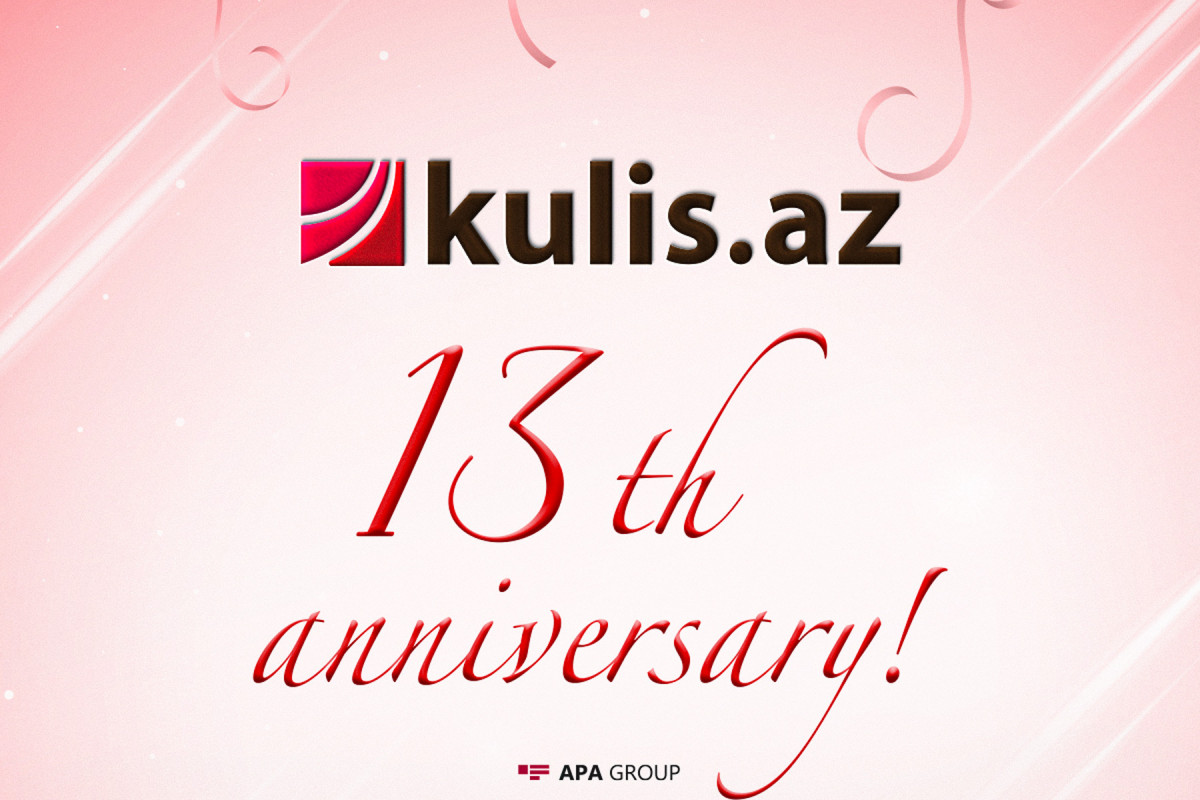At a dinner party in Kabul’s high-security “green zone” in March, a senior European diplomat poured himself a glass of red wine and pulled up a photograph on his iPhone, ONA reports citing Reuters.
Released by Qatar’s foreign ministry on Feb. 25, it showed seven Qatari officials alongside U.S. and Taliban negotiators as talks on ending the 17-year-old war in Afghanistan had restarted in the Gulf state the previous day.
“If Qatari officials can be at the negotiating table, then how did the U.S. forget to invite its key allies who have fought the Afghan war since 2001?” said the diplomat, whose nation has contributed hundreds of troops to NATO’s mission in the country.
“We continue to pour millions of dollars as an act of solidarity, but when it comes to peace talks, the U.S. decided to go solo.”
Reuters spoke with 10 diplomats from countries spanning three continents that are among the 39 that provide military personnel to the NATO training operation, known as Resolute Support, in Afghanistan, and those that provide development aid.
Many of those countries are significant, consistent donors. Most of the diplomats spoke on condition of anonymity, citing the sensitivity of the situation.
The diplomats interviewed said their governments were broadly rethinking their commitments to rebuilding the country. That process had been hastened by feeling excluded from peace talks, and also by a weariness for supporting the Afghan campaign among voters and lawmakers in their respective countries, they said.
Asked about those comments, a U.S. State Department spokesperson said regular reviews of foreign assistance was “good practice” and Afghanistan’s development remained in the interest of the international community.
“We see no signs that interest and investment are wavering,” said the spokesperson, adding that U.S. Special Representative Zalmay Khalilzad has briefed NATO allies and other partners three times since December, and effective coordination remained a priority.
Nick Kay, NATO’s newly appointed senior civilian representative in Afghanistan, said NATO allies “fully support” Khalilzad’s efforts to negotiate a settlement.
But even the Afghan government has complained of being left out. President Ashraf Ghani’s national security adviser on Thursday accused Khalilzad of “delegitimizing” the Kabul government by excluding it from deliberations.
Qatari officials did not respond to a request for comment.
In 2017, U.S. development aid for Afghanistan totaled about $1.2 billion, well ahead of the next biggest donors Germany, European Union institutions, Britain and Japan, according to Organisation for Economic Co-operation and Development (OECD) data. But the United States’ junior aid partners collectively contributed nearly two-thirds of all development assistance, highlighting their critical if less visible importance to the country’s future.





